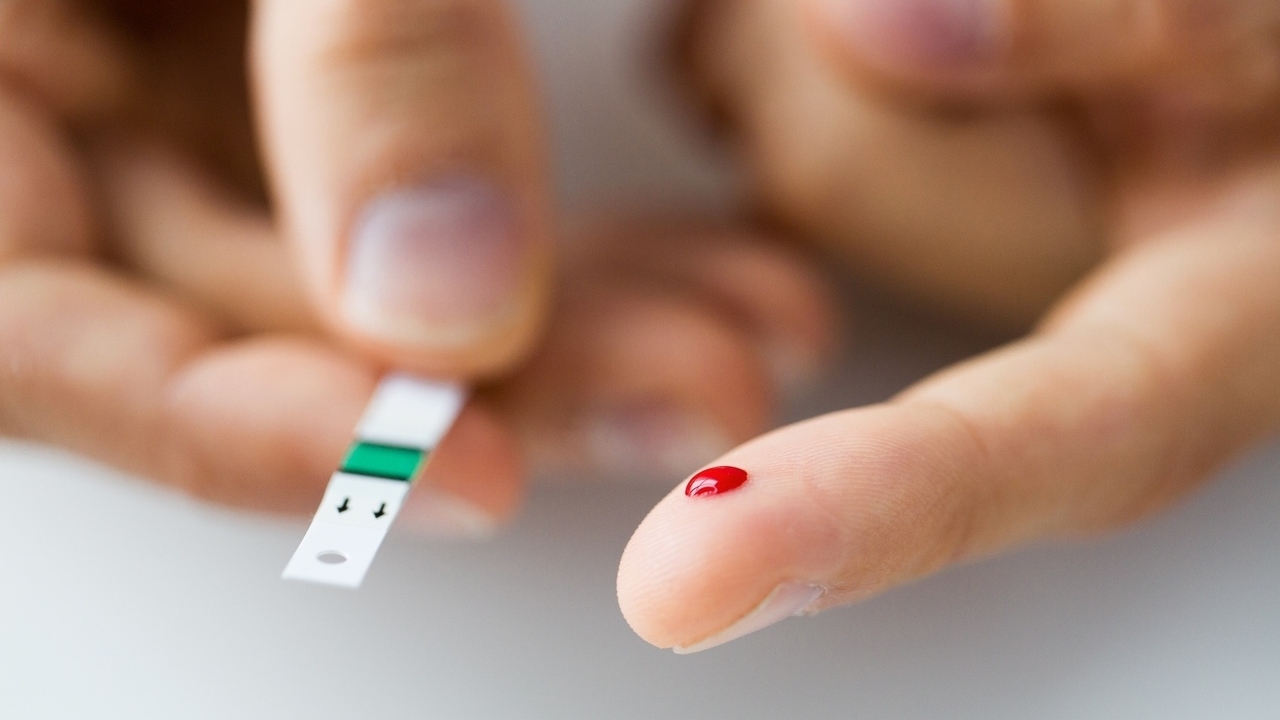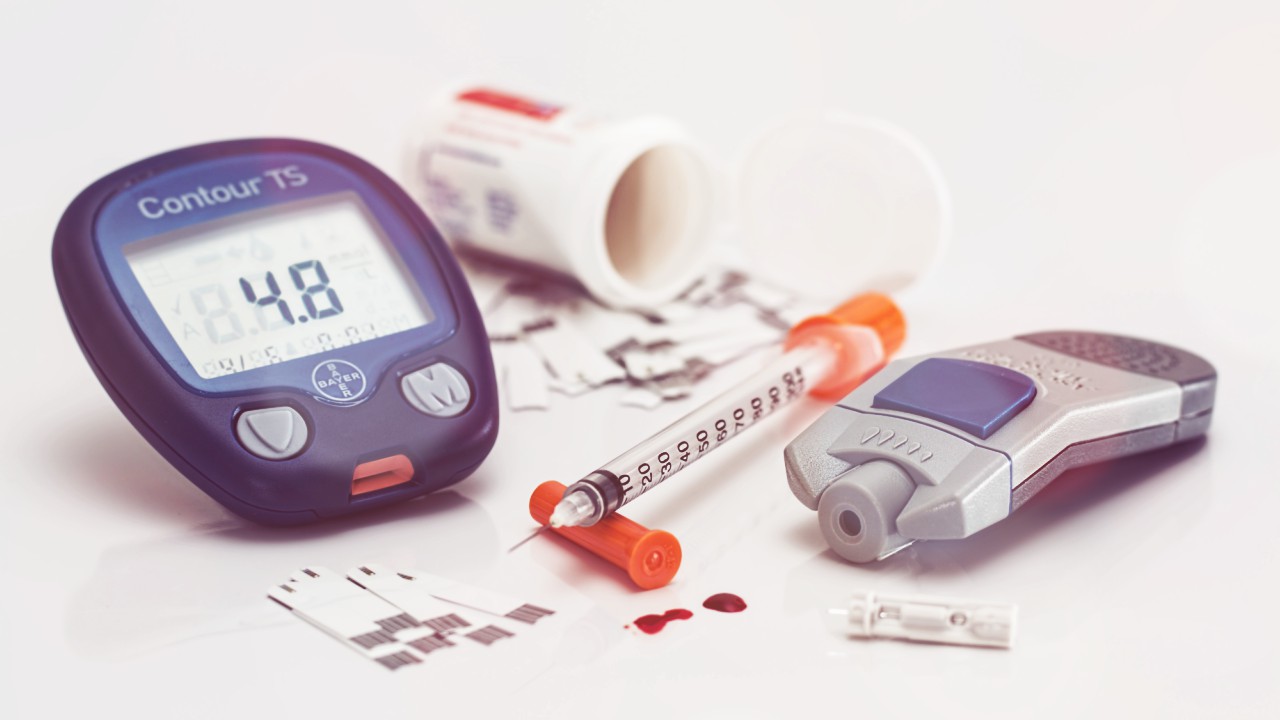A recent study conducted by the Kyushu University in Fukuoka, Japan suggests that persons suffering from diabetes are more likely to experience various forms of dementia as they age than non-diabetics. The risk is believed to be significantly higher for the diabetic population than the odds a normal person has of developing age-related dementia.
The study, which was published in Neurology®, the medical journal of the American Academy of Neurology, pointed out that diabetes was found to be the common disorder for patients with Alzheimer’s disease or vascular dementia, etc.
As the number of persons ailing with Type 2 diabetes has exploded the world over, it has become especially important to control the condition now than ever before. Diabetics were more likely to develop Alzheimer’s disease and vascular dementia as their brain cells are deprived of oxygen thus damaging brain cells. (1)
The study which was supported by the Japanese Ministry of Education, Culture, Sports, Science and Technology and the Ministry of Health, Labor and Welfare, took into its purview more than 1000 people over the age of 60 and studied them for 11 years. The study found that people with diabetes were twice as likely to develop dementia as people with normal blood sugar levels.
In the group of over 1017 persons, 150 persons had diabetes and 41 of the diabetics went on to develop dementia -- that is one in every three diabetic got some form of dementia. In comparison, 115 of the 559 people without diabetes developed dementia, working out to one in every four persons. (2)
Corrections were made to reduce margins of error taking into account factors such as high blood pressure, high cholesterol, smoking, etc. Despite the corrections, results were found to be the same.
Interestingly, it was observed that the risk of dementia was also higher in people who did not have diabetes, but had impaired glucose tolerance, or "pre-diabetes." Additionally, the risk of developing dementia was significantly higher even in those participants whose blood sugar readings were high two hours after a meal.
SOURCES:
1. Diabetes May Significantly Increase the Risk of Dementia; Science Daily News; October, 2011 http://www.sciencedaily.com/releases/2011/09/110919163947.htm
2. Ohara, T. MD et al. Glucose tolerance status and risk of dementia in the community. The Hisayama Study. Neurology September 20, 2011 vol. 77 no. 12 1126-1134. Abstract: http://www.neurology.org/content/77/12/1126
3. Association of Alzheimer disease pathology with abnormal lipid metabolism; Neurology®; October, 2011
http://www.neurology.org/content/77/11/1068
INFORMATION IN THIS ARTICLE IS NOT MEDICAL ADVICE. ALL INFORMATION GIVEN IS TO BE CHECKED WITH YOUR DOCTOR BEFORE IMPLEMENTING OR TAKING THEM AS STANDARD OR VERIFIED.
Mamta Singh is a published author of the books
Migraines for the Informed Woman – Tips From A Sufferer: ISBN: 978-81-291-1517-1
Publisher: Rupa & Co. URL: http://www.amazon.com/Migraines-Informed-Woman-Tips-Sufferer/dp/8129115174/ref=sr_1_2?ie=UTF8&s=books&qid=1298990756&sr=1-2
Mentor Your Mind – Tested Mantras For The Busy Woman: ISBN: 978-81-207-5973-
2
Publisher: Sterling Publishers; URL: http://www.amazon.com/Mentor-Your-Mind-Tested-Mantras/dp/8120759737/ref=sr_1_1?ie=UTF8&qid=1316063179&sr=8-1
and the upcoming
The Urban Woman’s Integrated Fitness Guide
Publisher: Hay House India
She is also a seasoned business, creative and academic writer. She is a certified fitness instructor, personal trainer & sports nutritionist through IFA, Florida USA. Mamta is an NCFE-certified Holistic Health Therapist SAC Dip U.K. She is the lead writer and holds Expert Author status in many well-received health, fitness and nutrition sites.
She runs her own popular blogs on migraines in women and holistic health. Mamta holds a double Master's Degree in Commerce and Business. She is a registered practitioner with the UN recognised Art of Living Foundation. Please visit www.mamtasingh.com
Reviewed November 4, 2011
by Michele Blacksberg RN
Edited by Jody Smith





Add a CommentComments
There are no comments yet. Be the first one and get the conversation started!